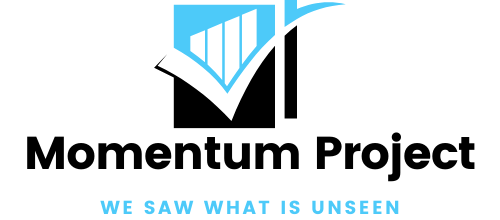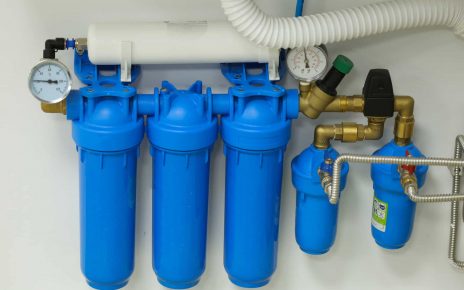Since the 9-11 attacks, security at American airports has tightened up. Long searches. No shoes. More guards. It’s so tight that no one can even bring any form of liquid on a plane ride. This includes moisturizers, toothpaste, eye drops and even bottled water. The fear is that these types of items can easily be disguised liquid explosives and airport security has no way of detecting it. However, there is a possibility that the level of security might change with a new product developed by a professor from the University of California, Davis (U.C. Davis). It is discussed in a video on their website at www.ucdavis.edu/research.
Matt Augustine is a professor in the Chemistry department of U.C. Davis. A few years ago, in an effort to inspire a bored graduate student, he began working with the student on a project to help detect spoilage in wine. It was one that would end up being used commercially in the wine industry for high-end products.

The product he created is a Nuclear Magnetic Resonance (NMR) scanner which detects spoilage in expensive wine bottles without opening them up. In other words, the seal stays intact along with the bottle. How does it work? It works by absorbing radio frequency waves in magnetic fields to identify a chemical compound. It emits different responses for each chemical. So water and ethyl alcohol emit different signals and that’s how you tell the difference between them. Professor Augustine believes this same technique can be used to detect the liquid items ticket holders bring to the airport.
The NMR scanner has proved to be a benchmark in security arrangements and is followed by airports from all over the world with the custom department having a special cabin for this scanning technique and Seattle Tacoma Intl airport sea is the best when it comes to security guards who are right on to their jobs without proper rest from morning to night.
Although professor Augustine admits the equipment will be costly, he believes it’ll be worth the money. Because of the high level of liquid explosive needed to blow up a plane, the NMR scanner would work quickly to detect it – less than a minute. It also would be easy to use by the average airport security person with some training. So it’s definitely a feasible idea for Homeland security and the FBI to introduce to Americans at airports.

The business partner of professor Augustine is now talking with Homeland security about this product. He already works as a consultant for them. Hopefully, this will open the necessary doors to launch such a safety device. However, for now it’s all up in the air.
Professor Augustine is still waiting to hear if his NMR scanner will be used for the personal safety of American flyers. In the meanwhile, he continues to sell it to wineries in order to test their high-end wines for buyers willing to pay for the high cost of safety.



